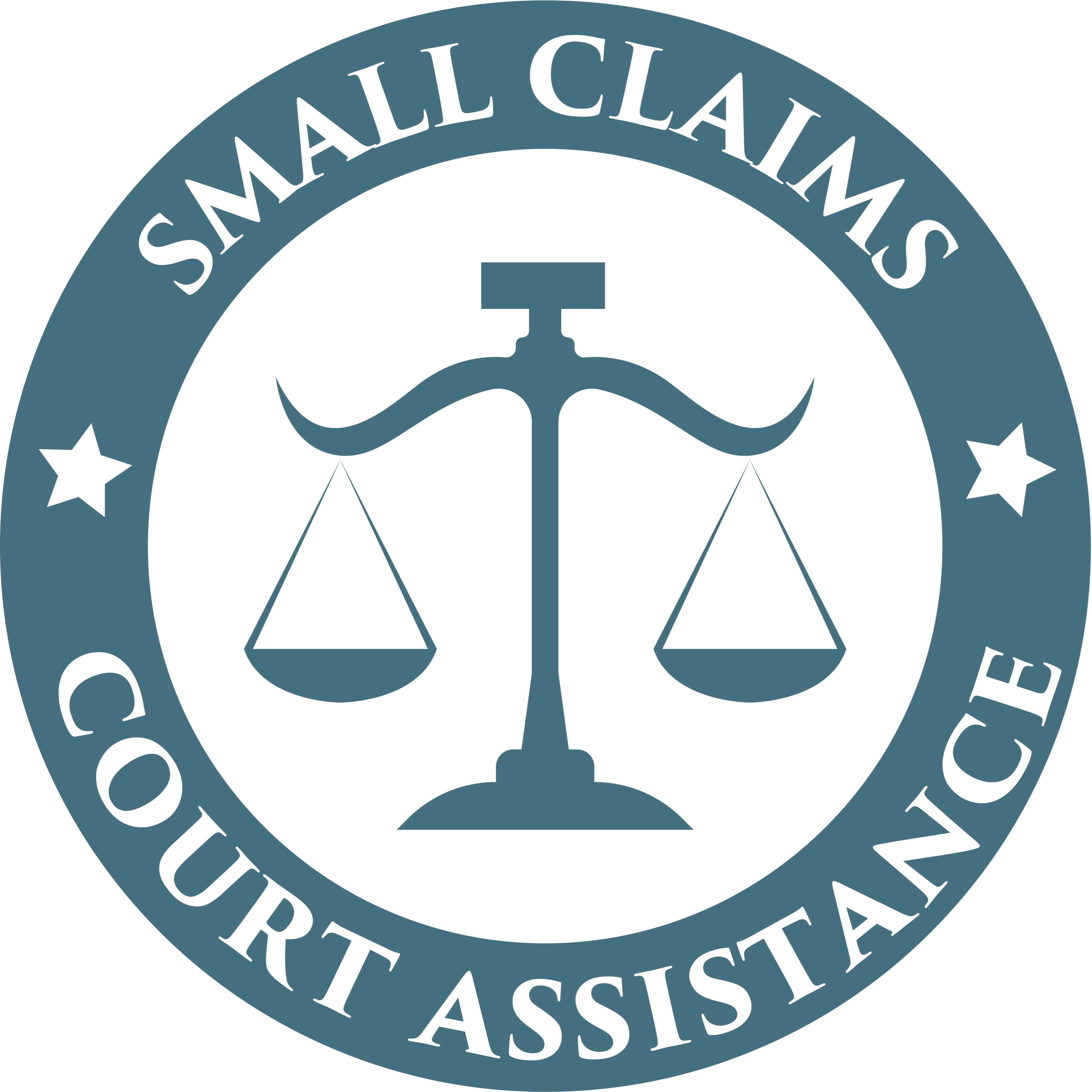Self-employment offers many benefits, such as flexibility and independence. However, it also comes with its fair share of challenges. One of the most common struggles faced by self-employed professionals is the fight to collect unpaid fees. In this article, we will explore the challenges of self-employment and discuss the legal options available for dealing with non-payment issues. Here are the key takeaways:
Key Takeaways
- Navigating the freelance landscape can be daunting, but it is essential for self-employed professionals to understand the industry norms and best practices.
- Dealing with non-payment issues requires proactive communication and setting clear expectations with clients.
- Understanding contractual agreements is crucial for protecting the rights and interests of self-employed professionals.
- In case of unpaid fees, self-employed professionals can consider taking legal action to recover the amount owed.
- Seeking legal advice from professionals specializing in self-employment and contract law can provide valuable guidance and support.
The Challenges of Self-Employment
Navigating the Freelance Landscape
It is vital to utilize an effective third party collection partner to keep distressed accounts from becoming write offs. Our skilled team will keep your distressed Accounts Receivable performing.
Dealing with Non-Payment Issues
When it comes to dealing with non-payment issues, we understand the frustrations and challenges that individuals in self-employment face. It can be disheartening to put in the hard work and not receive the compensation you deserve. However, there are steps you can take to protect yourself and ensure that you are paid for your services.
First and foremost, it is important to have clear and detailed contracts in place. These contracts should outline the scope of work, payment terms, and consequences for non-payment. By having a solid contractual agreement, you can establish a strong foundation for resolving any payment disputes.
In addition to contracts, maintaining open and regular communication with your clients is crucial. Keep track of all correspondence, including emails, phone calls, and meetings, to have a record of your attempts to resolve the issue. This documentation can be valuable evidence if legal action becomes necessary.
If you find yourself facing non-payment, consider the following steps:
- Send a polite reminder: Sometimes, a simple reminder is all it takes to prompt payment. Be professional and assertive in your communication.
- Follow up with a formal demand letter: If the initial reminder does not yield results, send a formal demand letter outlining the outstanding balance, payment deadline, and consequences for non-payment.
- Seek mediation or arbitration: If the client is unresponsive or unwilling to pay, consider engaging in mediation or arbitration to resolve the dispute outside of court.
- Consult with a legal professional: If all else fails, it may be necessary to consult with a lawyer who specializes in contract law and can guide you through the legal process.
Remember, as self-employed professionals, we have the right to be compensated for our hard work and expertise. By taking proactive steps and seeking appropriate legal recourse, we can fight for the payment we deserve.
Legal Options for Self-Employed Professionals
Understanding Contractual Agreements
When it comes to self-employment, understanding contractual agreements is crucial. These agreements outline the terms and conditions of the work we undertake, ensuring that both parties are on the same page. They provide a clear framework for the services we offer and the fees we expect to be paid. By having well-drafted and legally binding contracts in place, we can establish a solid foundation for our business relationships.
Taking Legal Action for Unpaid Fees
When it comes to taking legal action for unpaid fees, there are several important steps to consider. First, it’s crucial to gather all the necessary evidence to support your claim. This includes any contracts, invoices, and communication records that demonstrate the agreed-upon terms and the client’s failure to pay. Next, consult with a legal professional who specializes in contract law or business litigation to understand your rights and options. They can provide valuable advice on the best course of action to take.
Once you have gathered the evidence and sought legal advice, you may choose to send a demand letter to the client, clearly stating the amount owed and the consequences of non-payment. This letter should be professional and firm, emphasizing your willingness to pursue legal action if necessary. Keep a record of all correspondence and responses from the client.
If the client still refuses to pay or ignores your demands, you may need to file a lawsuit. This can be a complex and time-consuming process, so it’s important to weigh the potential costs and benefits. Consider the financial impact of pursuing legal action and the likelihood of success. It may be worth exploring alternative dispute resolution methods, such as mediation or arbitration, to avoid the expenses and uncertainties of a trial.
Remember, taking legal action should be a last resort. It’s important to carefully evaluate the situation and consider the potential consequences before proceeding. Seek guidance from a legal professional to ensure you are making informed decisions and protecting your rights.
As a self-employed professional, understanding your legal options is crucial. Whether you’re a freelancer, consultant, or small business owner, knowing how to protect your rights and navigate the legal landscape can make a significant difference. Debt Collectors International is here to help. Our team of experienced professionals specializes in debt collection solutions for self-employed individuals. With our expertise, we can guide you through the process, ensuring that your rights are protected and your debts are recovered. Don’t let unpaid invoices or delinquent clients hinder your success. Contact Debt Collectors International today and let us simplify the debt collection process for you.
Frequently Asked Questions
What are the common challenges faced by self-employed professionals?
Self-employed professionals often face challenges such as irregular income, difficulty finding clients, and managing their own business operations.
How can self-employed professionals navigate the freelance landscape?
Self-employed professionals can navigate the freelance landscape by building a strong network, marketing their services effectively, and staying updated on industry trends.
What should self-employed professionals do when dealing with non-payment issues?
When facing non-payment issues, self-employed professionals should first communicate with the client to resolve the matter amicably. If that fails, they can consider taking legal action or seeking assistance from professional organizations.
What are contractual agreements for self-employed professionals?
Contractual agreements for self-employed professionals are legal documents that outline the terms and conditions of their services, including payment terms, scope of work, and client responsibilities.
How can self-employed professionals take legal action for unpaid fees?
Self-employed professionals can take legal action for unpaid fees by consulting with a lawyer, gathering evidence of the agreement and non-payment, and filing a lawsuit if necessary.
Are there any alternative options for resolving non-payment issues?
Yes, self-employed professionals can explore alternative options such as mediation or arbitration to resolve non-payment issues without going to court.


Comments are closed